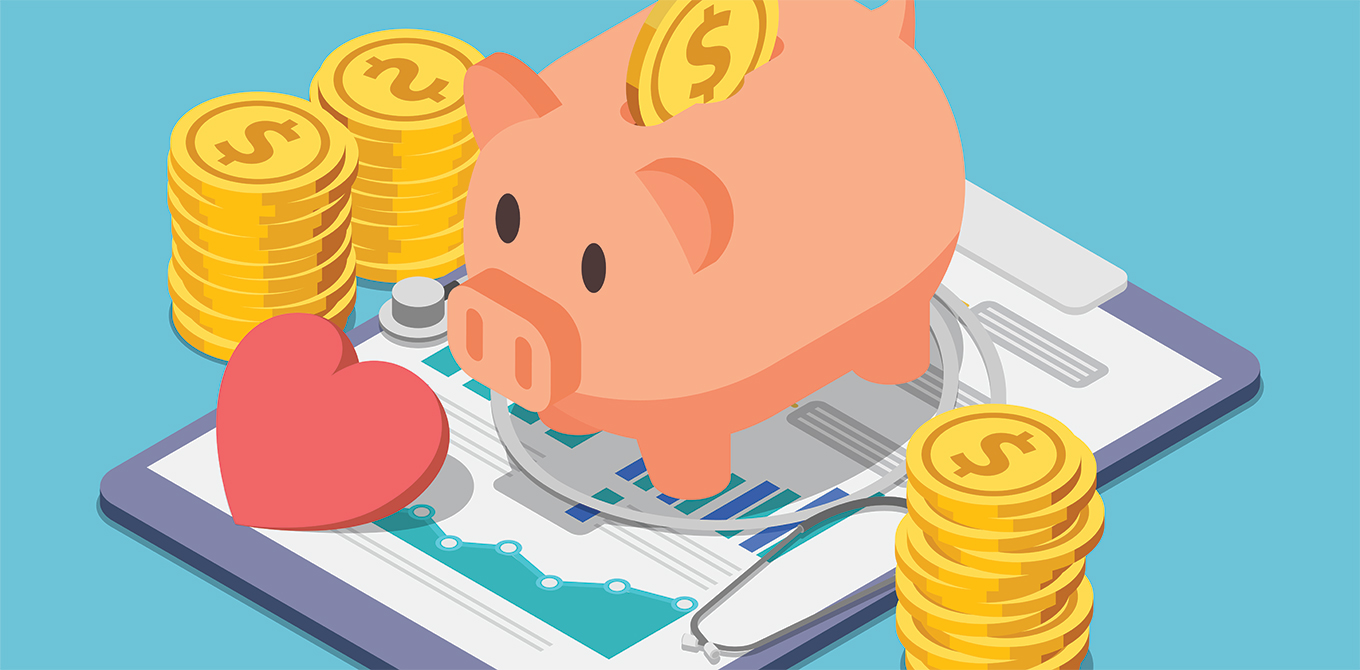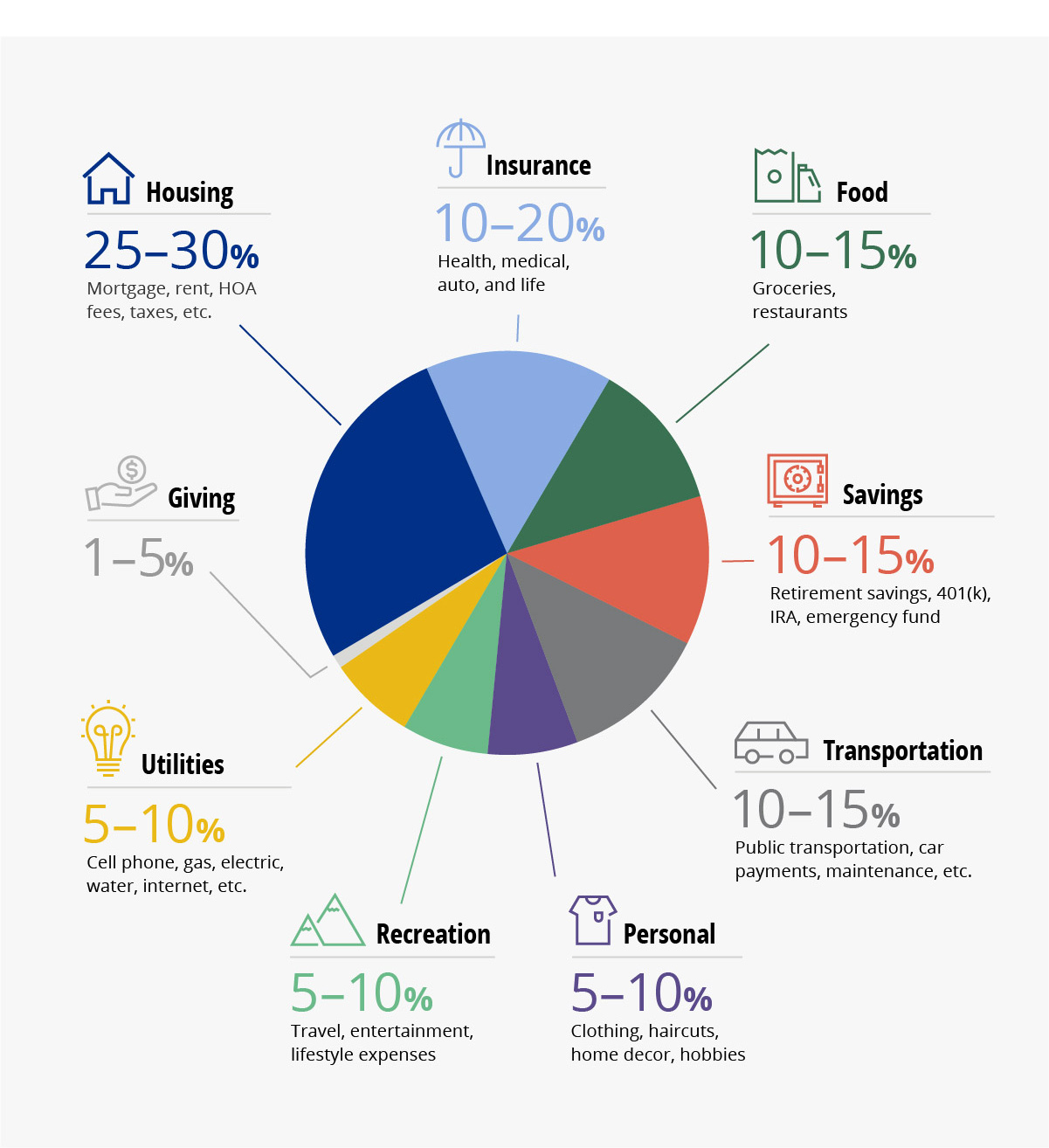9 ways to combat the impact of inflation
Throughout the past year, nearly everyone has felt the effects of record-breaking inflation. While dealing with higher grocery prices to steep energy costs, many people have wondered how to make their paychecks go further. Below are strategies to cope with inflation today, followed by ideas for preparing your finances to withstand inflation's effects in the future.
6 Ways to Cope with Inflation in the Short-Term
1. Monitor your budget. Pay special attention to bills on autopay. While autopay is a helpful feature to ensure you're not late on payments, it can also make it easy to stop paying attention. If that happens, you could miss price increases on subscriptions and services.
2. Identify which categories (food, gas, clothes, entertainment) have gone up the most and consider how you can lower them. For instance, the cost of gas has risen across the nation. Perhaps you can organize a carpool, ride bikes to nearby places, or strategically plan weekend errands to cut down on drive time.
3. Prioritize your spending and determine what you can eliminate or where you can cut back without too much pain. For families, especially, seemingly small expenses can add up fast. If you have several streaming channels, consider whether you can keep just a few of your favorites and cancel the others. If you enjoy trips to the coffee shop, try brewing your favorite drinks at home. Expensive gym memberships could be replaced with at-home workouts. Brand name groceries can be swapped for generic items.
4. Shop wisely. If you need to shop for household items or clothing, look for quality second-hand items in good condition before splurging on brand-new, price-inflated options. While you're at it, look around your own home to see if you have any unused items to sell while there might be a bigger market for pre-owned goods. When making a larger purchase, prioritize durability to save yourself from costly repairs or replacements down the road.
5. Reduce your energy usage. Energy costs are closely tied to inflation, so do an energy audit of your home and vehicles. Fix drafty windows and doors, use energy-efficient lightbulbs, unplug electronics when you're not using them, keep your thermostat at a reasonable temperature (and schedule more efficient temperatures when your family typically isn't home), and inflate your car tires for maximum fuel efficiency.
6. For many people, annual reviews are approaching at work. Prepare to ask for a raise by quantifying your contributions and sharing stories of your positive impacts. Also, be ready with inflation numbers to ensure your raise can at least keep up with the cost of living.
3 Ways to Prepare for Inflation Long-Term
1. Try to add more money to your emergency fund. As expenses go up, so will the amount of financial cushion you'll need to cover unexpected costs or your expenses between jobs. So reevaluate the right amount and squirrel away any extra money you can until you meet your new savings goal.
2. Cut down any debt that comes with variable interest rates. As inflation continues to rise, those rates could increase. Consider refinancing to a fixed-rate loan. If that's not possible, you may want to prioritize paying down loans with variable rates.
3. Keep up with inflation by looking for ways to grow your money over time. If you can create some extra funds now through smart spending, then it may be a good time to start investing. Stocks often stay ahead of inflation over time. But if you don't have enough extra income to invest, consider moving any cash that you don't need for near-term expenses from a low-interest checking account to one that has a higher interest yield like a Certificates of Deposit (CD), a money market account, or a high-yield savings account which can often be linked to your checking account to protect you from overdrafts.
While many hope to see inflation slow and their purchasing power return to normal levels, it's wise not to wait. Even experts aren't sure when inflation's effects will ease. Making adjustments now can help you strengthen your financial picture both in the present and in the future.




